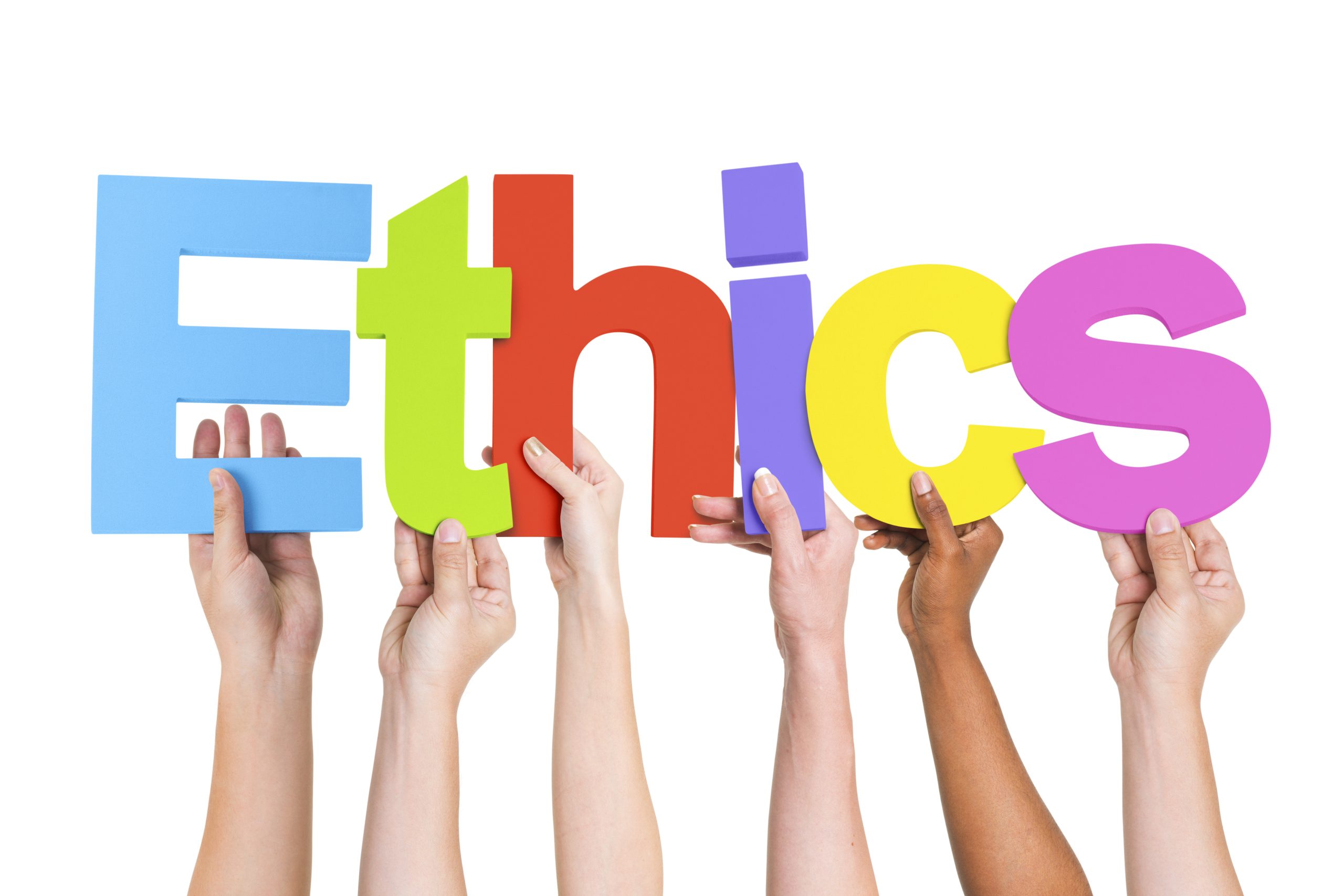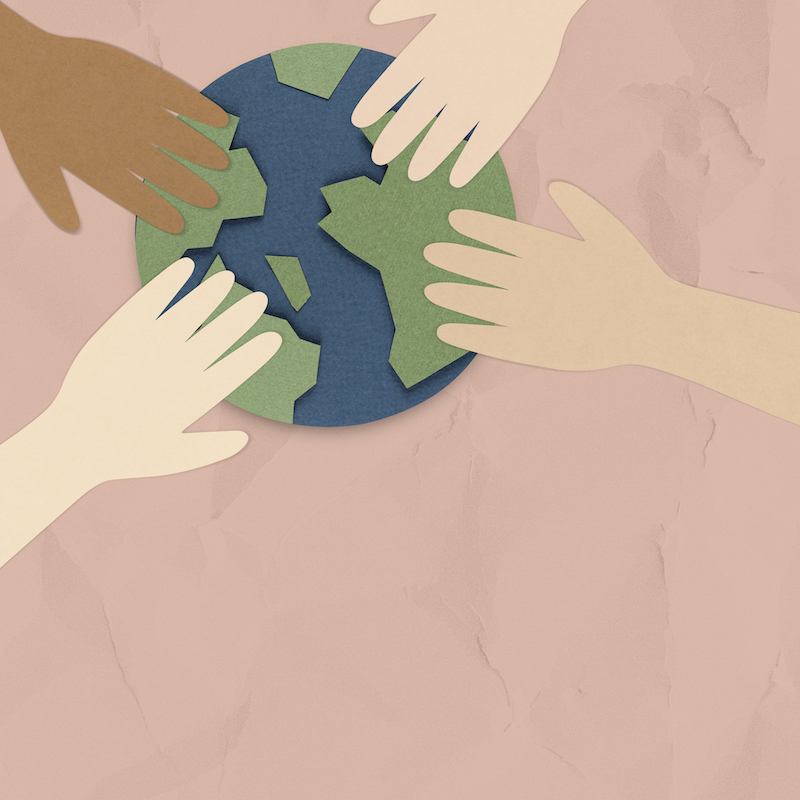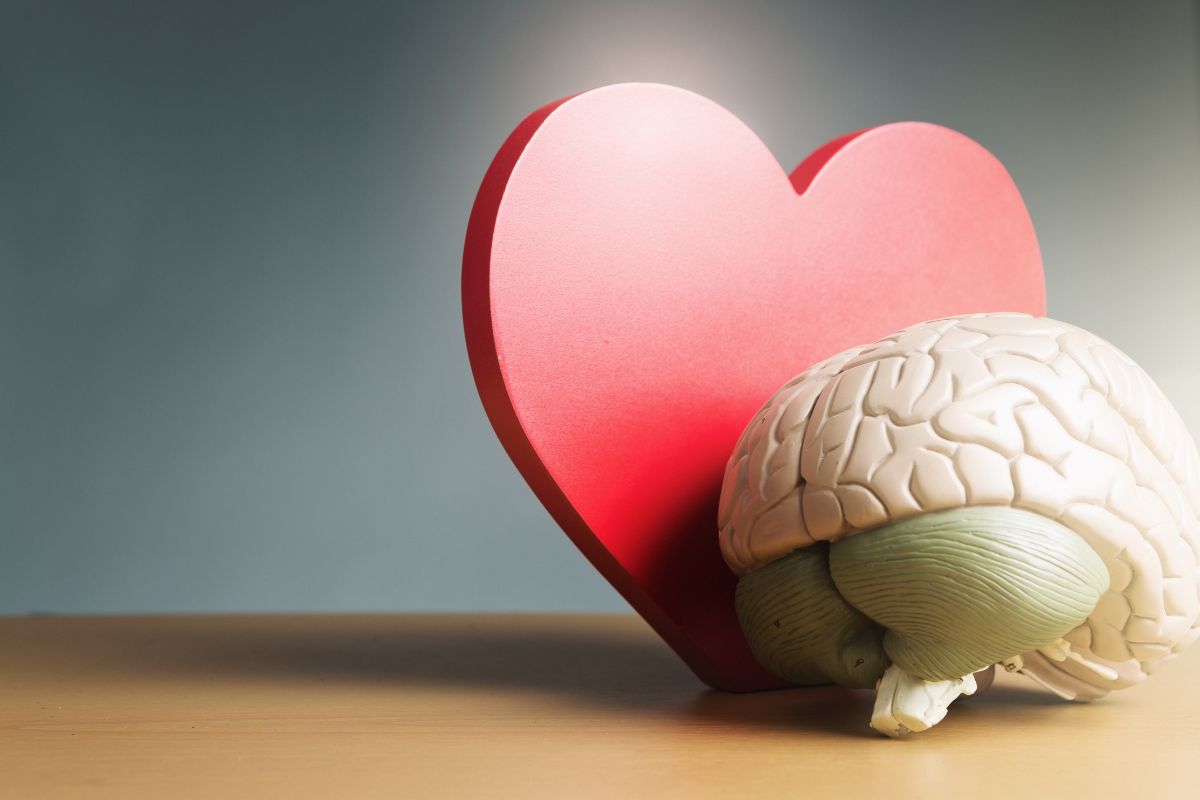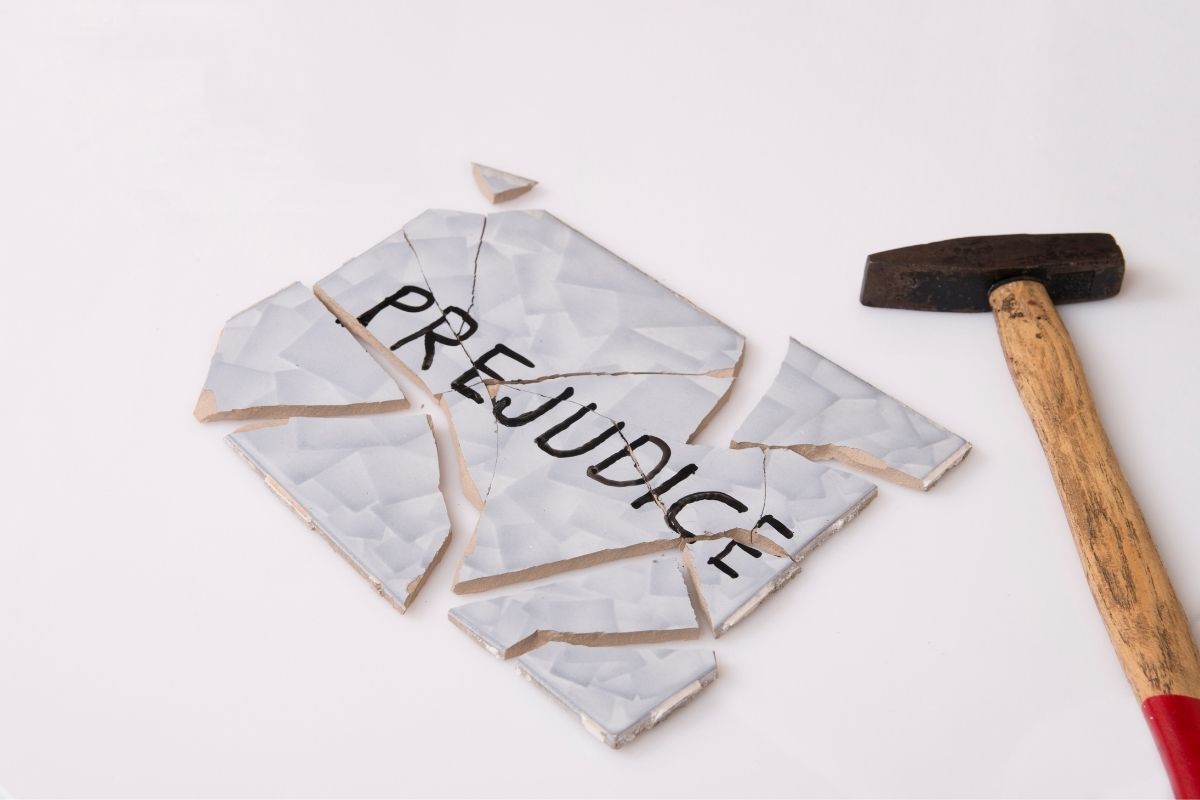There Are Many Good Reasons To Teach Ethics To Children

A chaotic world is also a world of educational opportunity. To make an innovative and inspired connection to the future we can focus on the ways to teach children the importance of leading a values-based ethical life. The issue, however, is that the task of teaching ethics can often strike fear in the heart of parents and teachers too.
The late, great ethicist Rushworth Kidder addressed that fear in his book Good Kids, Tough Choices. Develop your own Ethical Fitness with this comprehensive guide that includes sound advice for teaching ethics at every age and stage of childhood. It is a valuable resource for both parents and educators. A world that is fair and equitable is the foundation of a moral society, and it begins with values.
To effect real change in our world and to build a more ethical society, we start with the children. They are the future. A values-based education sets students on the path to building a better society. Educators that focus on ethical principles will activate a child’s capacity for deep thinking and foster their curiosity. Ethics discussions provide many opportunities to answer the question of why.
How do you begin to teach ethical principles to a child when there are many ethical issues that are neither right nor wrong? Those grey areas add to the fear of tackling ethics in education. A classic ethical conundrum every person has experienced is but one of many addressed by Kidder in his book. Do I tell the truth when I know it will hurt someone or I will get into trouble? Questions like that create deep learning opportunities.
This ethical journey begins with a look in the mirror. Who are we and what is our place in society? The adults in every child’s life are their very first lessons in leading a values-based life. Educators begin with that awareness of their own moral choices and the consequences of those choices. For example: What does doing the right thing mean to you?
Nelson Mandella’s words, spoken many years ago, resonate more than ever today:
No one is born hating another person because of the color of his skin, or his background, or his religion. People must learn to hate, and if they can learn to hate, they can be taught to love, for love comes more naturally to the human heart than its opposite.
Education is the key. Ethics needs to be taught in a purposeful manner. Kidder (2010) offers parents and teachers the rubrics of encouragement, frameworks, and ethics-specific vocabulary when teaching values.

Encouragement in education starts with an administration and school district committed to a values education. These are big issues at a difficult time in the world and educators need that encouragement and support from their leaders.
There is no better framework for educators than The Peaceworks Programme from the Peace Education Foundation. In my previous article, I described the curriculum and the many benefits of a school committing to this social-emotional learning program. It offers a solid PreK-8 curriculum for values education. Social-emotional learning leans heavily on fostering empathy and that is a significant piece of the ethics puzzle.
Educators are a highly creative group. Take that Peaceworks program and build on it. Make it applicable to your own school needs.
Educators can also use the news. The main headlines take all the attention but look to the more obscure stories in the news and your own local news sites too. This is one more way to engage students with their world. For a bit of fun, I recommend the Oddly Enough section of Reuters news. It is a site filled with the weird and wonderful in our world. The most teachable moments in my class very often occurred during the daily current events. News items are real, in the real world, the world these children will inhabit.
In everything you teach, consider the “values” angle of the topic. Is there a way to incorporate the principles of integrity or empathy?
Teachers navigating these discussions will be faced with many questions because children are naturally curious and can be opinionated. I recommend the New York Times Business Bestseller Difficult Conversations by Stone, Patton, and Sheen. Although it is classed as a business book, in many ways it draws on the same principles as the Peaceworks program with the tactics for reaching the goal of fair discussion. It is a thoroughly readable book filled with sound advice.
Parents and teachers will often avoid difficult discussions because they are difficult. They are difficult because we do not know how to approach them. The tools of discussion as outlined in the book make an uncomfortable topic a little more approachable. We need those tools to discuss emotionally-charged ethical issues. Discussion skills are a must. This book will help.
Knowledge is power. Children need to understand the language of ethics to make informed decisions. Kidder notes that language is a part of values education. It was my experience that, as educators and as parents, we too often assume a child understands the words we use. But do they? Can they explain prejudice? Ask your middle school class what it is and why it exists.

Fear of what we do not understand drives so much of the negative in our world. And that fear can result in anger. Understanding the connection between fear and anger allows us to look outside ourselves and provides another lesson in empathy.
Ethical lessons can begin with young children. A favorite allegory for the need to belong, and a lesson in empathy, is Shel Silverstein’s The Missing Piece. An educator could spend days with that book and the lessons it offers. If we can feel empathy for a circle missing a slice, then surely, we can extend that empathy to the real world.
Think ethical. Ethics allows us to take the I out of the discussion and make it we. A society that has moral intelligence and a sense of decency at its core is aware of the needs of others and forms the basis for building a better society. “Children learn what they live.“
This article is available and can be accessed in Spanish here.









